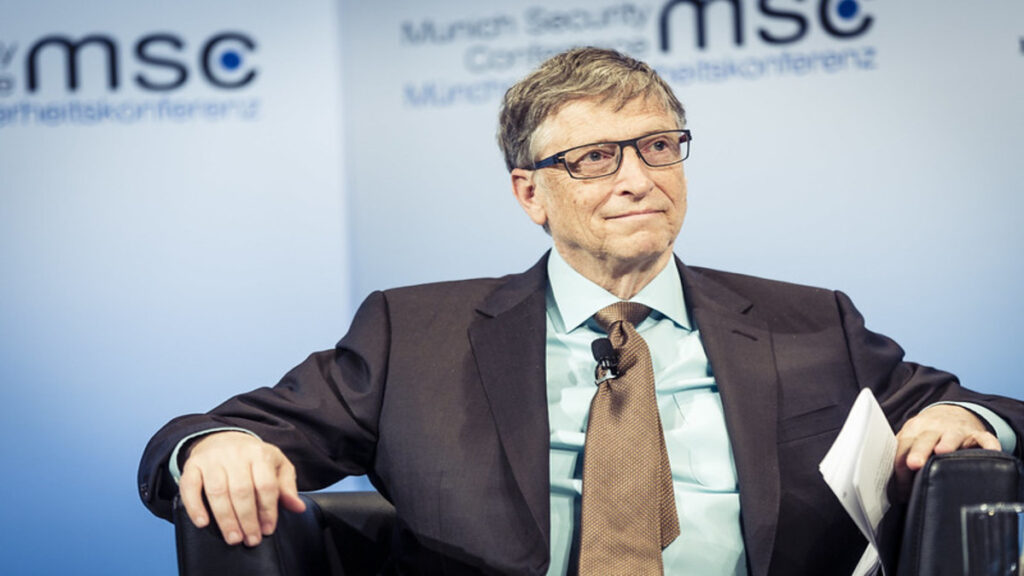A California-based startup, backed by Bill Gates, has developed a groundbreaking method to produce butter using air and water. The process involves extracting carbon dioxide from the air and hydrogen from water, heating them, and oxidizing them to separate fatty acids, which are then formulated into fat. This innovative approach results in a dairy-free butter with a significantly lower carbon footprint compared to traditional butter.
Imagine butter made without cows. A California-based startup, backed by Microsoft co-founder Bill Gates, has developed an innovative method to produce a dairy-free alternative that rivals traditional butter in taste.
Savor, the startup in question, has been pioneering dairy-free alternatives to ice cream, cheese, and milk using a thermochemical process. This technique builds fat molecules from carbon dioxide, hydrogen, and oxygen, enabling the creation of a new animal-free butter.
Bill Gates, in his personal blog “GatesNotes”, wrote,
It might sound like a pipe dream, but a company called Savor (which I’m invested in) is in the process of doing it. They started with the fact that all fats are made of varying chains of carbon and hydrogen atoms. Then they set out to make those same carbon and hydrogen chains—without involving animals or plants. They ultimately developed a process that involves taking carbon dioxide from the air and hydrogen from water, heating them up, and oxidizing them to trigger the separation of fatty acids and then the formulation of fat. The result is real fat molecules like the ones we get from milk, cheese, beef, and vegetable oils. The process doesn’t release any greenhouse gases, and it uses no farmland and less than a thousandth of the water that traditional agriculture does. And most important, it tastes really good—like the real thing, because chemically it is.”
Bill Gates
The environmental benefits of reducing meat and dairy consumption are significant, as livestock production is a major contributor to greenhouse gas emissions. Savor’s butter alternative promises a much lower carbon footprint, potentially registering under 0.8g CO2 equivalent per calorie compared to the 2.4g CO2 equivalent per calorie of conventional unsalted butter with 80% fat.
Kathleen Alexander, CEO of Savor, explained that the company is in the pre-commercial phase and is working on regulatory approvals. She anticipates that sales won’t begin until at least 2025.
While meat and dairy alternatives are increasingly popular, they often fall short on flavor. Savor claims its butter offers a superior taste experience.
We’ve conducted informal taste tests with dozens of people and plan to hold more formal panels as we move towards commercialization and scaling up,”
Kathleen Alexander, CEO of Savor,
